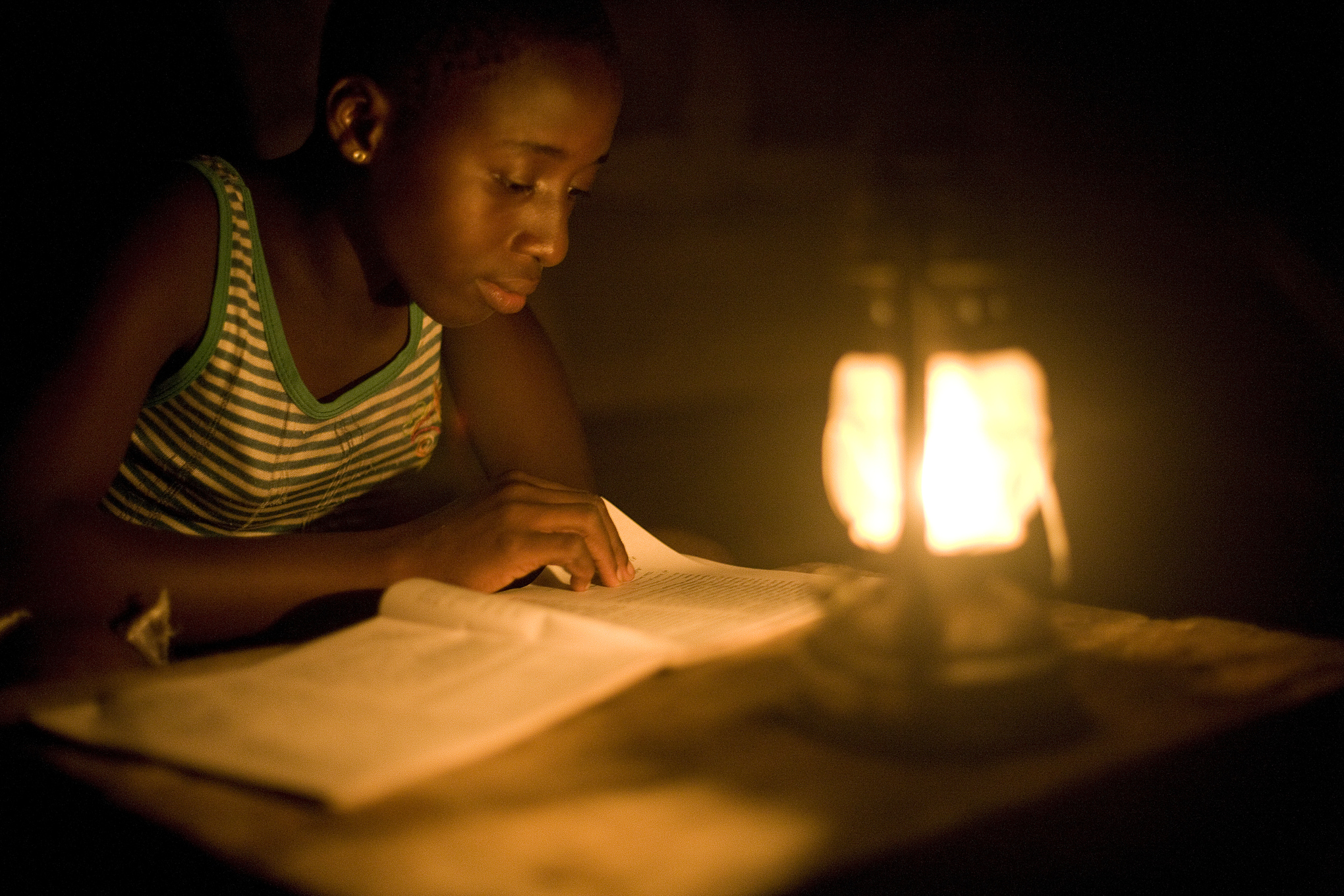
Electricity distribution companies in Nigeria have steadily reported losses since their emergence in 2013. According to PwC report, there has been a steady growth in the amount of loss reported. In 2017, the total loss reported by DisCos stood at N417 billion.
As at 2017, Abuja and Ikeja Electric were the two most indebted power distribution companies in Nigeria. Also, since inception in 2013, electricity distribution companies in Nigeria have grown their long term indebtedness.
Based on available financial reports, a sum of N98.1 billion is owed by 8 Discos with Ibadan Distribution Company recording the highest borrowings as at 2018.
Specifically, a total of N661.6 billion worth of electricity was billed by DisCos in 2018 but N437.9 billion was only received. This means only 66% of electricity billed was collected in revenue.
It was disclosed that the challenges facing the power sector, range from low collection, non-cost reflective tariffs, and distribution losses, amongst others, hence, DisCos are unable to meet their obligations to NBET and this, in turn, spirals to other players in the power value chain (GENCOs, TCN, gas companies, banks etc.).
According to the PwC report, the liquidity crisis, which is the most critical challenge of the sector, necessitated the government’s intervention on three occasions to avoid total collapse of the sector.
Also according to the report, the Federal Government approved a loan of N213 billion for DisCos in 2014; the Federal Executive Council approved N701 billion in 2017, while FG also signed the release of N600 billion for the power sector which was reportedly meant for shortfall in the payment of monthly invoices by key stakeholders in the sector.
The PwC recommended that the possible solution to the problem of liquidity crunch facing the DisCos was to start supplying 50% of distributable electricity to Nigerian companies.
According to the report, this should be done provided the companies are willing to pay N80 per kilowatt while the remaining 50% can then be shared among residential consumers.
Meanwhile, the federal government is said to be owing 11 Electricity Distribution Companies (DisCos) in Nigeria over N500 billion in what is described as tariff shortfall from electricity subsidy.
According to the report by PwC, the electricity subsidy payment being owed by the FG to the power distribution companies is expected to rise to N522 billion in 2019, a 36% increase relative to the N384 billion that was owed in 2018. The debt has been soaring over the years, climbing to N235 billion in 2016, from N165 billion in 2015.
Essentially, tariff shortfall is the difference between the end-user cost-reflective tariff and the end-user allowed tariff (actual tariff) DicCos currently charge their consumers. It is money due to DisCos from customers.
You may be interested

Orban’s Lyon Face Provisional Relegation To Ligue 2 Amid Financial Woes
Webby - November 15, 2024Olympique Lyon the club of Nigerian striker Gift Orban, have been handed a provisional Ligue 1 relegation by theDNCG who…

Ghana Miss Out On AFCON 2025 Qualification After Draw With Angola
Webby - November 15, 2024Black Stars of Ghana’s hopes of qualifying for next year’s AFCON was ended after they played a 1-1 draw away…

‘It Was A Fair Result’ — Troost-Ekong Reacts To Super Eagles Stalemate Vs Benin Republic
Webby - November 15, 2024Super Eagles captain William Troost-Ekong claimed the Super Eagles deserved a point from their 2025 Africa Cup of Nations qualifying…



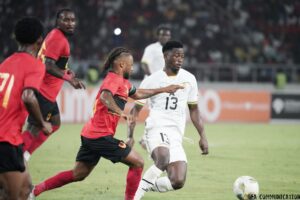



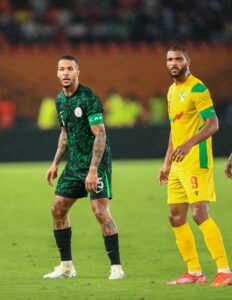

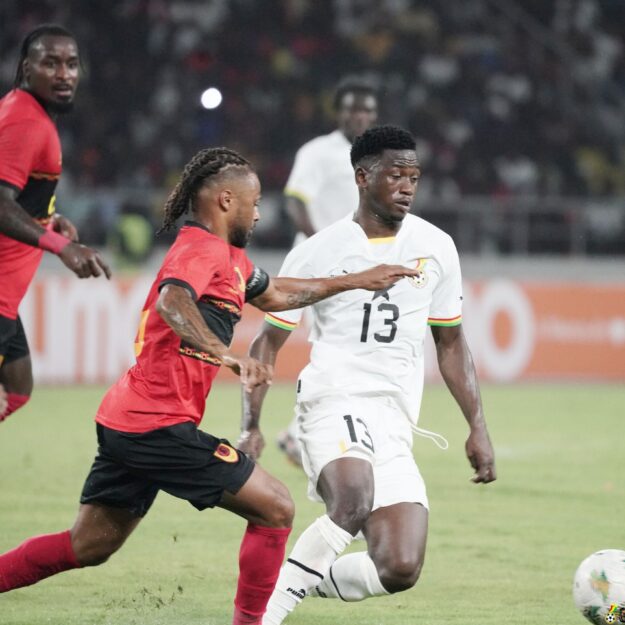
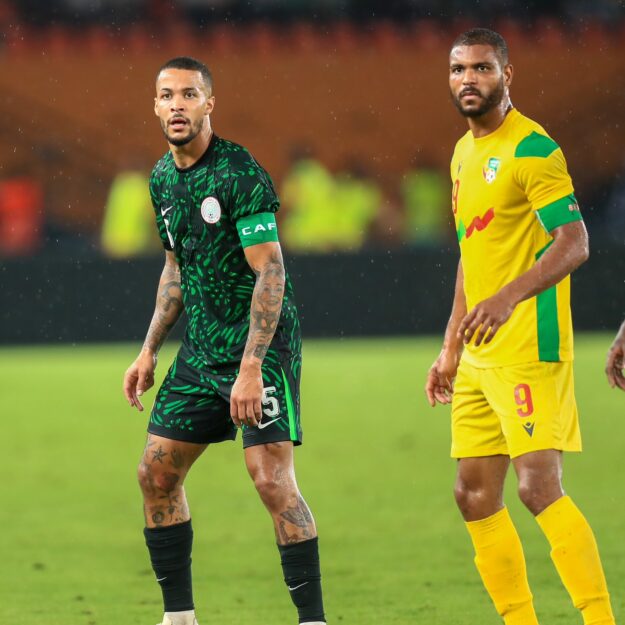

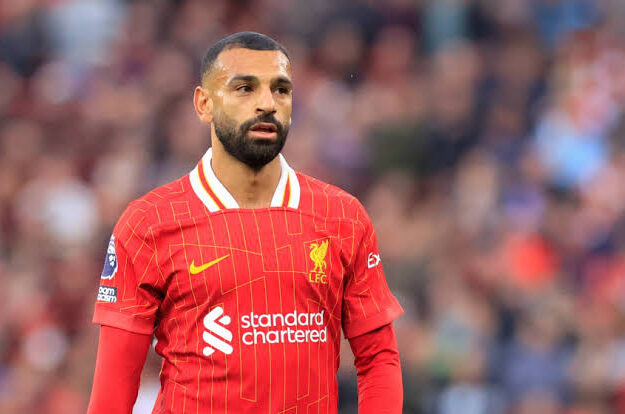
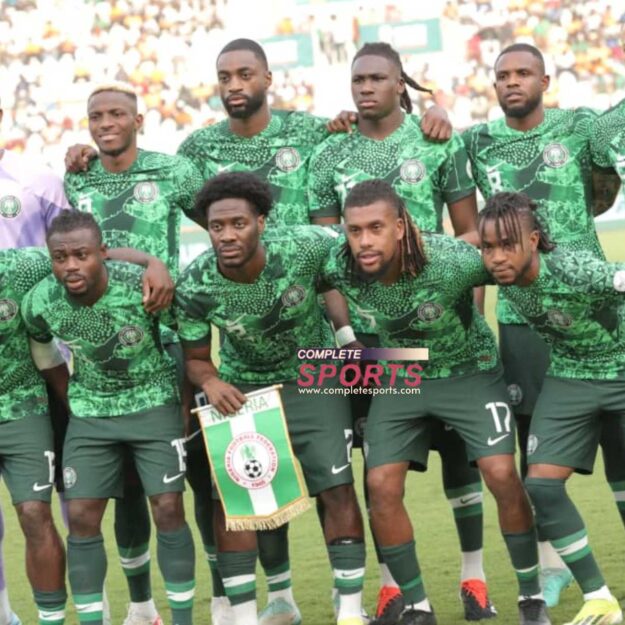


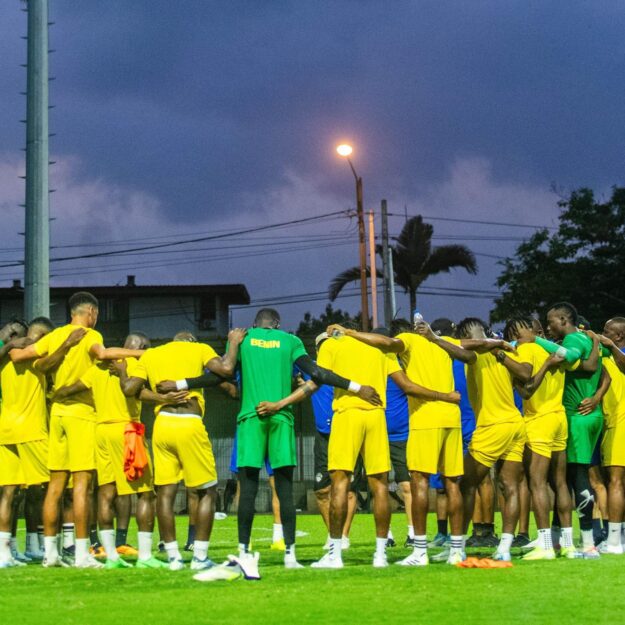

![American Pastor, David Wilson Seen Eating The Box Of Woman Who Isn’t His Wife [Video]](https://onlinenigeria.com/wp-content/uploads/2019/10/american-pastor-david-wilson-seen-eating-the-box-of-woman-who-isnt-his-wife-video-150x150.jpg)








